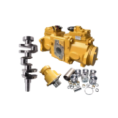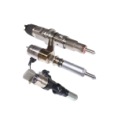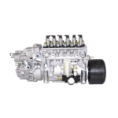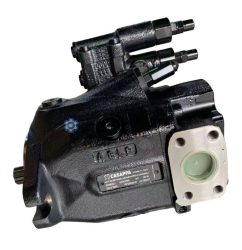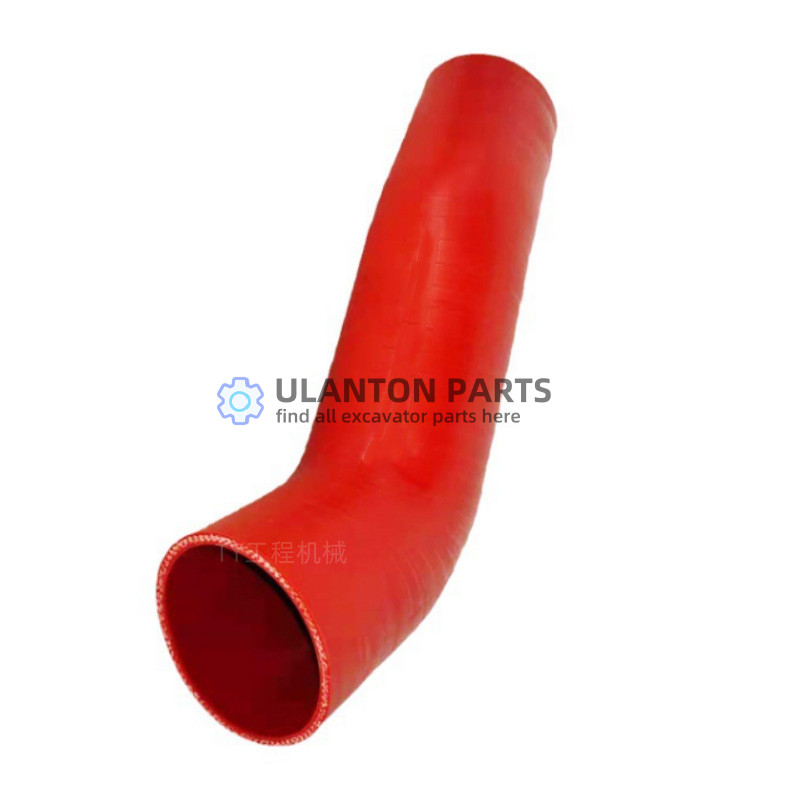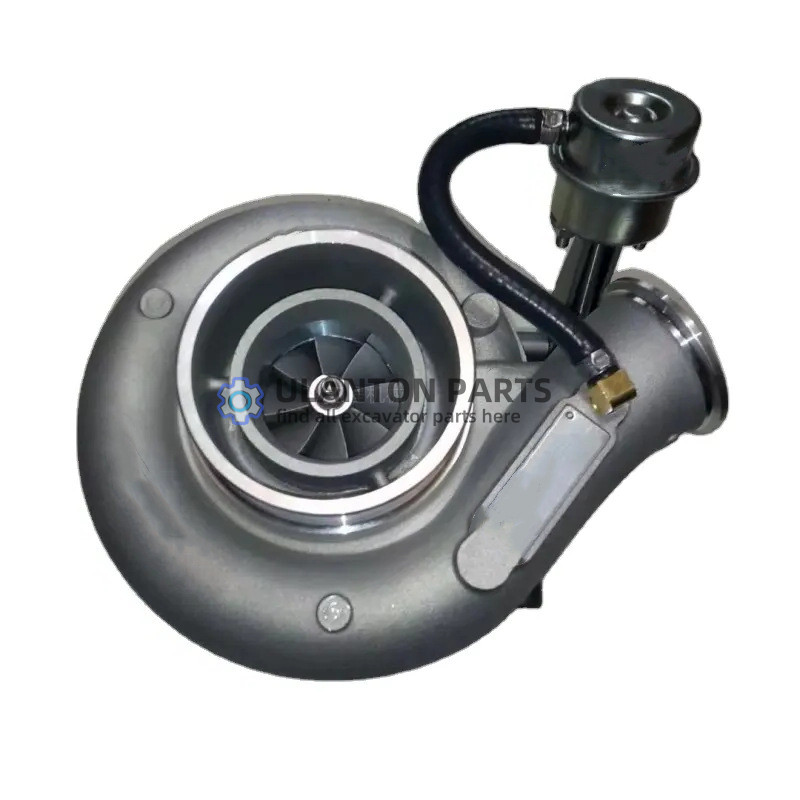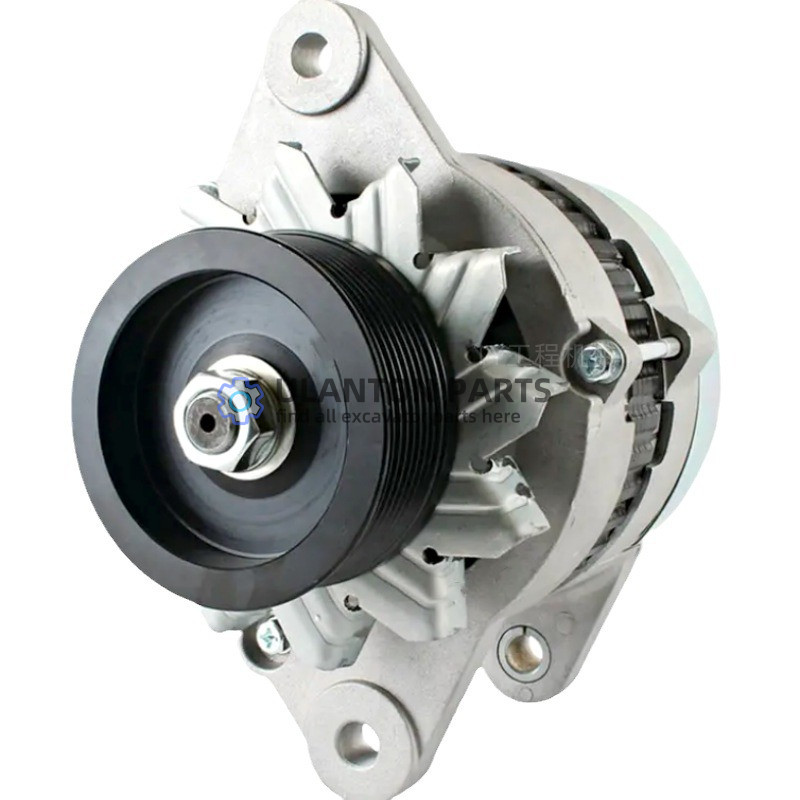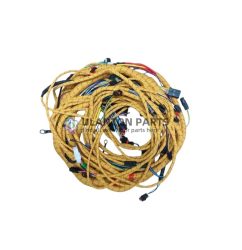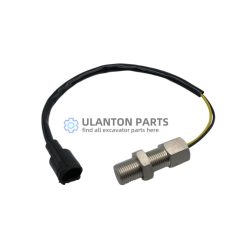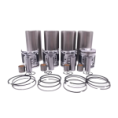
Small Wholesalers: How to Find Sourcing Agents & Supply Chain Partners
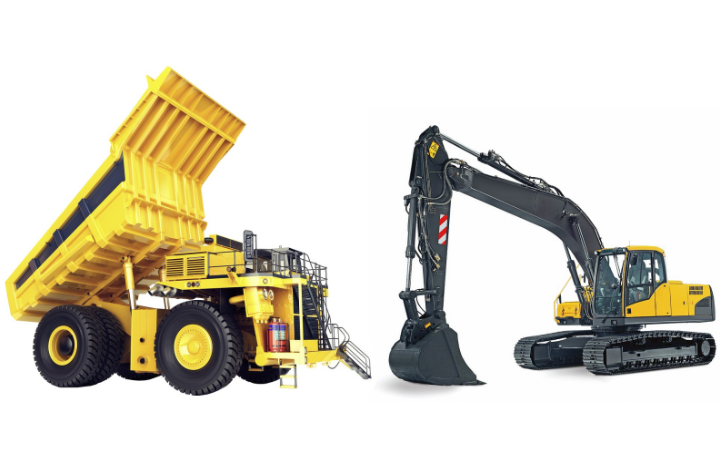
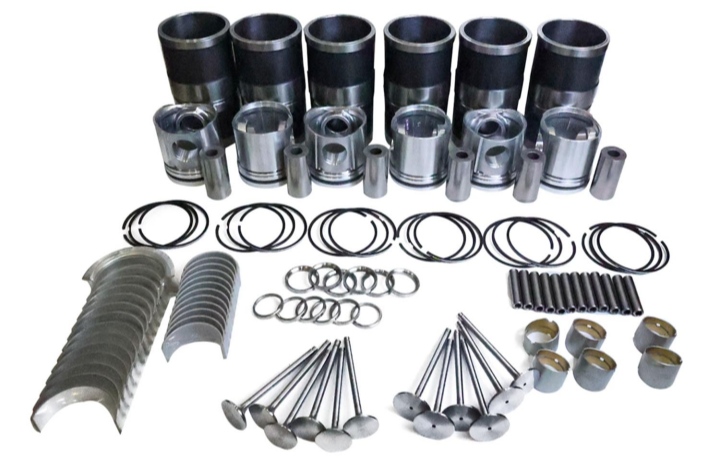
Small wholesalers often operate with limited budgets and smaller order volumes—so partnering with companies that understand these needs is key.
1. Channels Tailored to Small-Scale Needs
- Niche B2B Platforms for Small Orders: Focus on platforms like Alibaba’s “Small Order” section or Made-in-China’s “Low MOQ” filter. These features highlight suppliers and agents willing to handle smaller batches (e.g., 50–100 units). Search with keywords like “small-batch excavator parts” to avoid suppliers with sky-high minimum order requirements (MOQs).
- Local Trade Associations for SMEs: Many city-level construction machinery associations (e.g., Shanghai Construction Machinery Association) curate lists of suppliers friendly to small businesses. They often offer free referrals to agents who specialize in supporting startups or small wholesalers with flexible terms.
- Social Media & Industry Forums: Join Facebook groups like “Global Excavator Parts Traders” or forums such as MachineryTalk. Small-scale agents often promote their services here, emphasizing low fees (e.g., 3–5% commission vs. 10%+ for large agents) and willingness to negotiate MOQs.
2. Evaluating Reliability on a Small Budget
- Prioritize Flexible Partners: Ask potential agents about their minimum service fee and whether they offer “pay-as-you-go” pricing (e.g., no monthly retainers). For supply chain firms, check if they allow split shipments to reduce upfront storage costs.
- Leverage Free Verification Tools: Instead of costly on-site inspections, use platforms like Google Maps to virtual tour their warehouses, or request live video calls to check inventory. Third-party inspection services like SGS offer discounted rates for small orders (under $5,000).
- Check Small-Client Reviews: Look for feedback like “Great for small batches” or “Flexible payment terms” on B2B platforms. Avoid agents with reviews mentioning “high minimums” or “rigid contracts.”
Step-by-Step Sourcing for Small Wholesalers (Low Risk, Low Cost)
1. Plan with Your Budget in Mind
List parts by priority (e.g., high-demand filters first, niche components later). Note your maximum per-unit cost and total order budget—this helps suppliers/agents suggest cost-saving alternatives (e.g., OEM vs. aftermarket parts). Aim for a trial order under $3,000 to test the waters without overcommitting.
2. Choose Suppliers for Small Batches
- Compare MOQs and Pricing: Prioritize suppliers with MOQs as low as 10–20 units. Many Chinese factories offer “mix-batch” options (e.g., 5 units of 4 different parts in one order) to fit small-scale needs.
- Negotiate Sample Costs: Ask if sample fees (20–50 per part) can be deducted from your first order—most small-friendly suppliers agree to this to secure long-term 合作 (cooperation).
3. Negotiate Terms That Fit Small Businesses
- Flexible Payments: Propose 30% deposit, 70% upon shipment (instead of full prepayment). Agents familiar with small wholesalers often accept this to reduce your upfront risk.
- Simplified Contracts: Avoid complex legal jargon. Focus on key terms: MOQ, delivery time, and refund policies for defective parts (e.g., 10% free replacement for faulty items).
4. Cost-Effective Logistics for Small Shipments
- Opt for LCL Shipping: Instead of full container loads (FCL), use Less-than-Container Load (LCL) to share container space with other small orders. This cuts shipping costs by 30–50% for batches under 500kg.
- Local Logistics Partnerships: Work with agents who have tie-ups with budget-friendly courier services (e.g., Yanwen, 4PX) for door-to-door delivery. They often secure bulk discounts they can pass on to you.
5. Deliver to Customers Without Overspending
- Streamline Customs Clearance: Ask your agent to handle documents (invoices, certificates) to avoid costly delays. Many offer “all-in-one” packages (50–100) covering customs fees—cheaper than hiring a separate broker.
- Pass Savings to Your Clients: Use affordable local delivery (e.g., regional couriers instead of DHL) for final delivery. Share tracking links to keep clients informed, building trust without overspending.
For small wholesalers, success in sourcing from China lies in balancing cost and reliability. By focusing on low-MOQ partners, flexible terms, and budget logistics, you can grow your business step-by-step—without stretching your finances.

